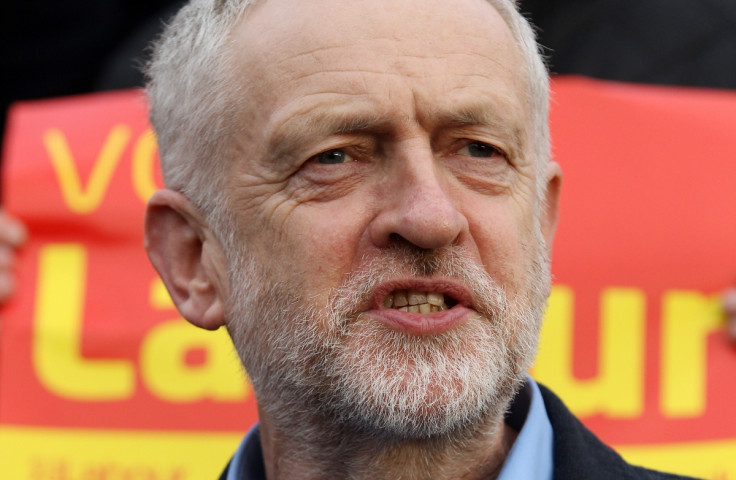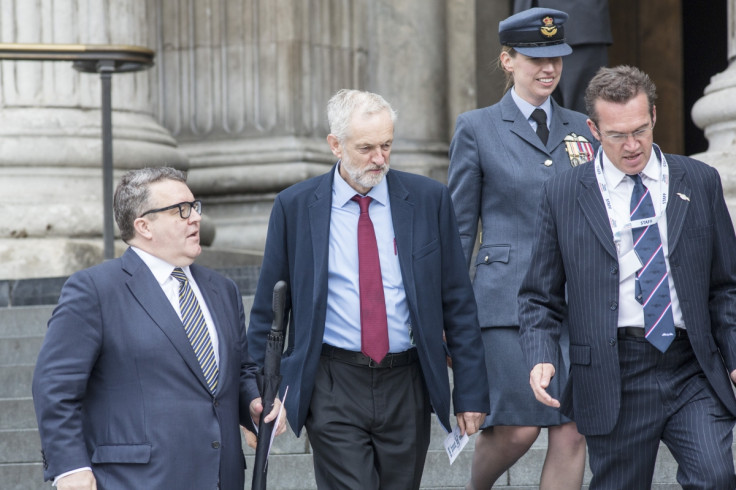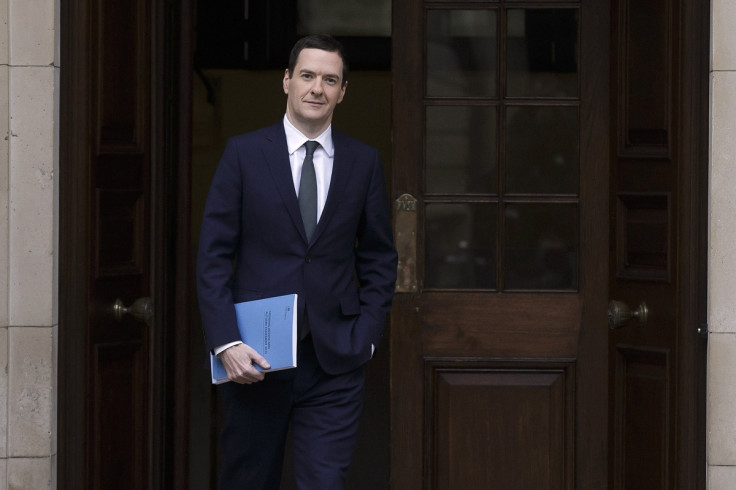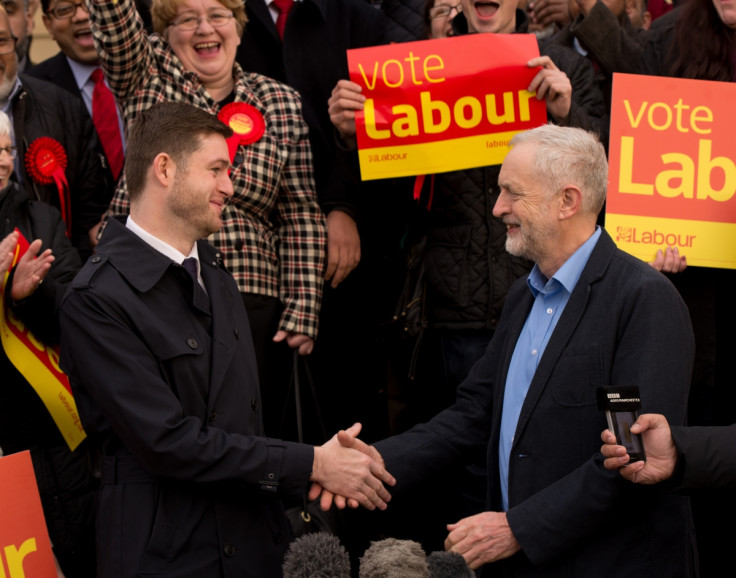Jeremy Corbyn: Highlights of Labour leader's first 100 days in charge

Sometimes he's been more limpet than leader, but Jeremy Corbyn has reached the 100 day mark at the top of the Labour Party and his reign is looking more assured than ever. Let's not forget that the 66-year-old overcame expectations by even getting on the Labour leadership ballot.
The "broaden the debate" brigade of Labour MPs lent the veteran parliamentarian their support and Corbyn rode on a wave of left-wing support to secure a shock majority of 59.5% in first preference votes to succeed Ed Miliband under the party's new election rules on 12 September.
The upset was the political equivalent of Buster Douglas defeating heavyweight boxing champion Mike Tyson in 1990 or Liverpool FC coming from three goals behind to beat AC Milan in the 2005 Champions League final. The left-winger's rivals, namely Andy Burnham, Yvette Cooper and Liz Kendall, had underestimated him and they suffered dearly.
In the wake of Labour's disappointing general election results, Corbyn vowed to fight back. "We go forward now as a movement and as a party, bigger than we have ever been for a very, very long time," he declared.
"Stronger than we have ever been for a very long time. More determined than we have been for a very long time – to show to everyone that the objectives of our party are intact, our passion is intact, our demand for humanity is intact." With the hundredth day of his leadership upon us, here are some of Corbyn's highlights.
The silence in St Paul's (15 September)

Corbyn commits his first gaffe as Labour leader after only three days into the job. The 66-year-old, known for his anti-war beliefs, stirs controversy by failing to sing the national anthem during a Battle of Britain commemoration service at St Paul's Cathedral. Corbyn's aides stressed that he was "standing in respectful silence" but the Labour leader's political rivals, not least the Tories, used the incident to attack the Islington North MP's patriotic credentials.
A public PMQs (16 September)
The ever-boisterous, lively and adversarial Prime Minister's Questions (PMQs) took a surprising turn when Corbyn rose to the dispatch box for the first time to face David Cameron. The Labour leader proceeded to read out questions directly from "Marie", "Paul" and "Gail" and caught the prime minister off-guard.
Cameron faced the conundrum of defending his government's record, while trying to avoid offending the public. The tactic certainly dulled the theatrical House of Commons, but Corbyn failed to put the prime minister under considerable pressure.
McDonnell's big U-turn (12 October)
Labour's shadow chancellor had originally planned to back George Osborne's charter of fiscal responsibility, which commits future governments to running a budget surplus. But John McDonnell sensationally U-turned on the eve of the vote and subsequently lost some economic credibility with Labour moderates. Around 21 Labour MPs defied the party whip and abstained, a small but notable rebellion.
To shoot, or not to shoot? (16 November)
Just three days after the Islamic State (Isis) linked terror attacks on Paris, Corbyn told the BBC that he was "not happy" with the police's so called "shoot-to-kill" policy. The comments immediately drew criticism from the police – because they actually have a right to use reasonable force when someone's life is in danger – and inside the Labour leader's own party.
Such was the furore over the remarks, Corbyn backtracked the next day (17 November) and said he supported "any strictly necessary force" to stop a terror attack on British soil.
The first scalp (25 November)

The House of Lords had already sent Osborne and his plan to cut tax credits packing after peers blocked the measure in October. The Chancellor was expected to revise his proposal and unveil a set of a tweaked reforms in his Autumn Statement.
But to the surprise of the Commons, the top Tory announced that he would totally scrap his plan to the welfare payments. The decision, which came after much pressure from Labour and some Tory backbenchers, gave Corbyn's first policy victory as Labour leader.
Benn steals the show (2 December)
Corbyn finally awarded his MPs a free vote on Cameron's proposal to launch UK air strikes on Isis targets in Syria. But the move failed to stop 66 of them from opposing their leader's anti-bombing stance and vote with the government. Before the historic decision, the Commons debated for a staggering 10 hours and Hilary Benn stole the show during this war of words.
The shadow foreign secretary won plaudits from across the house for an impassioned speech as he compared Isis to the Nazis and urged his parliamentarians to vote for a military intervention in the Middle Eastern nation. It didn't take long for the commentariat to tip Benn as a future Labour leader.
Northern Powerhouse (4 December)

Corbyn is going down badly in Oldham West and Royton, they said. The Labour leader isn't suited to the north of England, they said. His "shoot-to-kill "comments will turn the constituency into a marginal, they said. They were wrong.
Labour's Jim McMahon won the by-election on 4 December and even increased the party's share of the vote in the Greater Manchester seat. Some moderates claimed Corbyn had nothing to do with the result, but he would have been blamed if Ukip's John Bickley took the seat.
Get used to Corbyn (20 December)
A defiant Corbyn declares "I'm not going anywhere" during an interview with The Sunday Times.
© Copyright IBTimes 2025. All rights reserved.






















